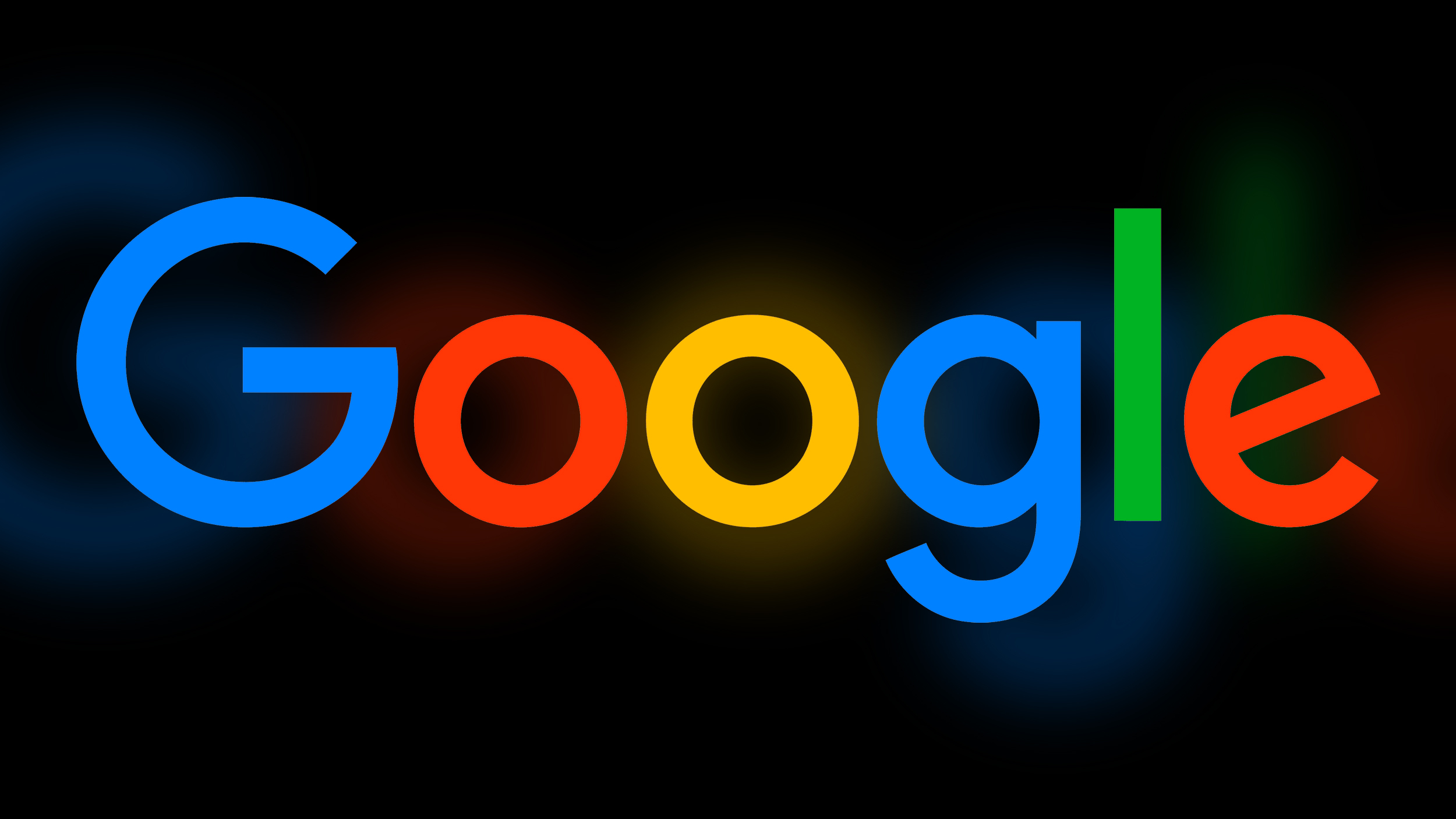
Google has proposed sweeping changes to its Play Store and Android to end an ongoing antitrust dispute with Epic Games. The two companies filed a joint settlement agreement with the court last night, and if approved, Apple will be left as the only company embroiled in a public antitrust fight with Epic.

Google will allow Android app developers to use alternative payment methods in apps or through external links instead of forcing them to use Google Play Billing. Google is supporting Registered App Stores, which are alternative app stores that can be easily installed alongside Google Play. Epic Games would be a Registered App Store, able to be installed on Android devices to offer its own catalog of app titles.
As for fees, Google will charge a maximum of 9 percent or 20 percent based on transaction type and date of install, with the lowered fees applicable worldwide instead of solely in the United States. Google can charge a fee for transactions completed using alternative payment methods, and it is also able to charge an additional fee for transactions processed by Google Play Billing.
The wording around fees is complicated and could be somewhat open to interpretation for virtual items in games, plus it applies to new app installs, not existing app installs. Google can charge a 20 percent fee for in-game purchases providing more than a de minimis gameplay advantage, which would presumably be things like power ups, items that increase experience, or loot boxes.
Google can only charge a 9 percent fee for items that do not affect gameplay, such as additional levels, events, or Fortnite skins that are considered cosmetic. The 9 percent maximum fee is also applicable to in-app subscriptions, non-game app purchases, or up front app and game purchases. In a situation where there's a mixed bundle that includes in-game items like weapons and in-game skins, Google can charge the higher 20 percent rate. Google told The Verge that it would also charge a five percent fee for apps that choose to use the Google Play Billing system, which would be in addition to the 9 to 20 percent fee.
To simplify, the base fee for all apps will be 9 percent, while fees for games will range from 9 percent to 20 percent. Developers will pay another five percent if using Google Play Billing. For alternative app stores, Google is able to charge reasonable fees that cover operational costs, but nothing additional. Epic Games will be able to create an Epic Games Store on Android, paying minimal fees to Google, which is what the company set out to do when it initially filed lawsuits against Apple and Google back in 2020. Epic Games CEO Tim Sweeney said that Google's proposal is "awesome" and a "comprehensive solution that stands in contrast to Apple's model of blocking all competing stores."
Google agreed not to enter into agreements that would see apps launch "first or exclusively" on Google Play, and it will not require an app to provide the same features on Google Play that it does on another app store. Developers are also free to communicate with customers about cheaper prices available outside of the Google Play Store.
It's possible that Google's settlement with Epic Games could impact the eventual outcome of the Epic Games v. Apple case. Apple and Google have charged developers similar fees historically, and there is inevitable change coming to the App Store ecosystem.
There are important differences between the two legal disputes, however, so what's going on with Google is not directly applicable to Apple. In Epic v. Apple, Apple largely won the case. The judge did not find that Apple had a monopoly, and Apple was only required to allow developers to link to web-based purchase options.
In Epic v. Google, Google lost. If Google didn't settle with Epic, it was going to be forced to make Play Store changes anyway. A jury decided that Google abused its power by operating an app store monopoly and charging developers exorbitant fees. Google has also always allowed for sideloading on Android devices and has been more open to it, even though it isn't as easy as it will be in the future.
Apple has consistently opposed sideloading and will not likely make the same concessions that Google made without being forced into it.
In Epic v. Apple, Apple is currently fighting an injunction requiring it to allow developers to link to outside purchase options in apps in the U.S. Apple is currently not allowed to collect fees on purchases made through in-app links, an order that came after the court found that Apple had willfully violated the original order requiring links by controlling the appearance of links and charging high fees.
The court is planning to review the proposed Epic v. Google settlement on November 6.
Article Link: Google Agrees to Make Major Play Store Changes to Settle Epic Games Antitrust Lawsuit
Last edited:

